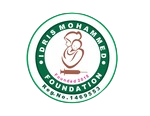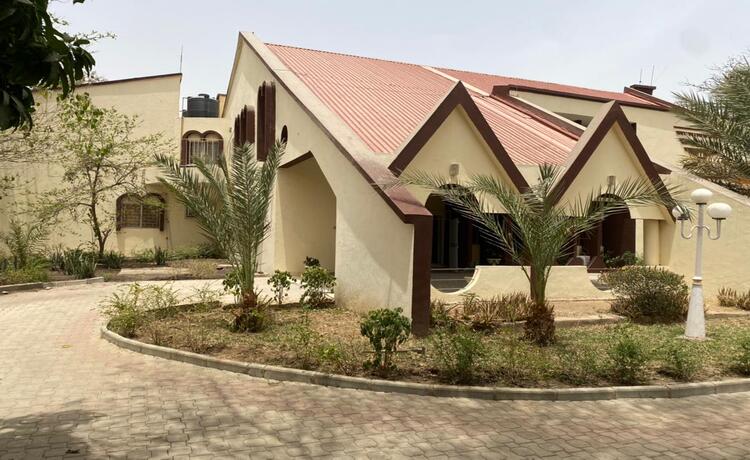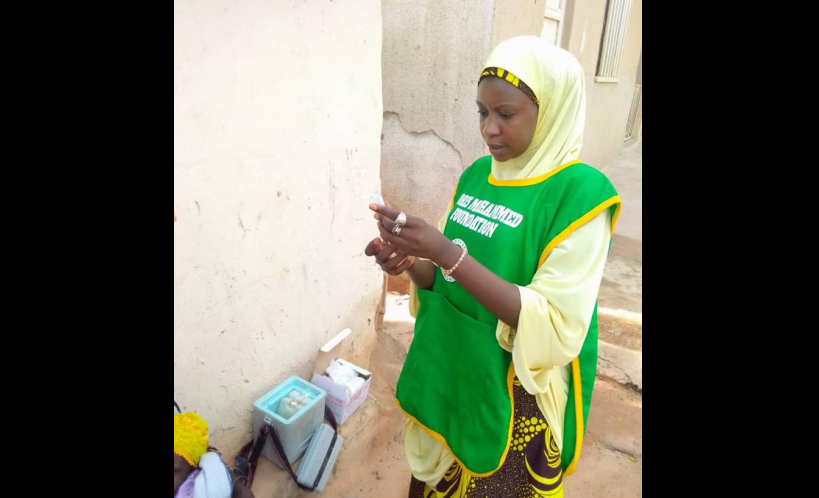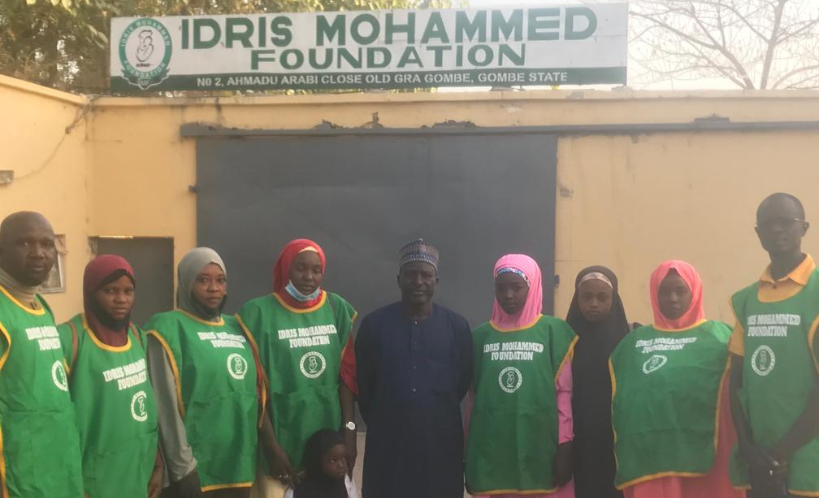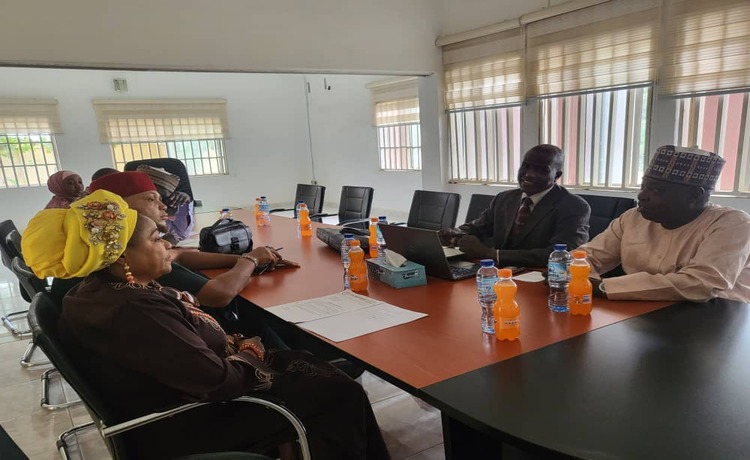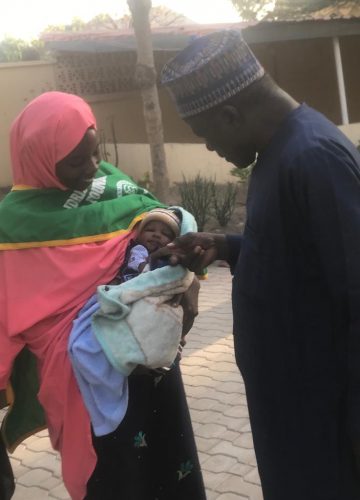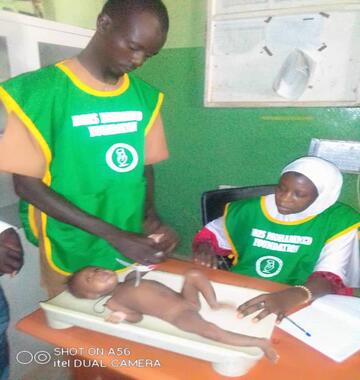About IMF
Idris Mohammed Foundation (IMF) is a nongovernmental organization focused on improving the health of vulnerable individuals in hard-to-reach and under-served communities by supporting access to quality healthcare and strengthening the health system in the communities.
FOUNDING YEAR AND DATE OF REGISTRATION: By 2016, sufficient funds were at hand to give effect to this dream. The IDRIS MOHAMMED FOUNDATION LTD/GTE was incorporated on 7th February 2018, by the Corporate Affairs Commission (CAC) of Nigeria. Before incorporating the Foundation, the CAC had obtained “no objection” – indeed strong support – from the Governor of Gombe State where the proposed Foundation was to be headquartered, as well as from the Federal Ministry of Health, Abuja. Sequel to the CAC approval, the Foundation’s solicitors, Dikko and Mahmoud, sought the final approval of the Attorney General and Minister of Justice of Nigeria, which was granted, opening the way for activities to begin.
Our Mission
To support access to social needs including health education and quality healthcare in rural or hard-to-reach communities including underserved areas by strengthening the healthcare system at the State and local government levels and also delivering immediate humanitarian services during and after a crisis, natural disaster, or community conflict.
Our Vision
We intend to provide every community with access to basic healthcare services and to support access to social needs including health education, essential social needs to support the universal health coverage goal in collaboration with the government.
Core Values
- Respect and Care
- Compassion to Humanity
- Equality and accessibility
- Commitment to community
- Passion and Hard work
What we do
We at Idris Mohammed Foundation IMF
Survey
We conduct community surveys to establish facts and identify indicators for health improvement in the community.
Under this project; we conducted a client satisfaction survey in Gombe to evaluate to impact of the “performance base financing” project of the World Bank in Gombe through the Additional Nigeria State Health Investment Project (ANSHIP).
Immunization/Medical outreach
We conduct weekly immunization outreach to hard-to-reach communities to deliver immunization/medical services. This program aims to address underperforming communities in immunization, short-term medical needs during disasters, community conflicts, etc. This program also helps to minimize out-of-pocket expense for poor families in the community and facilitate referrals.
School health services
Through our campaign “Raise a Healthy Child” We visit elementary schools to deliver health education, awareness campaigns, deworming/vitamin supplementation exercises, and basic health screening such as blood grouping, genotype, etc. to ensure the healthy growth and development of children and to help promote good health among school children.
Weekly health screening
It is a neighborhood activity where we provide access to basic health screening services in the neighborhood. The services include; blood pressure monitoring to evaluate hypertension, blood sugar screening, voluntary hepatitis, and HIV counseling and testing. We also monitor weights and provide nutritional counseling. Immunization against hepatitis B virus was recently introduced into this program.
Comprehensive lifesaving model
This project focuses on supporting local health facilities with essential drugs for pregnant women and children, distributing clean birth kits for safe delivery, training health workers on basic lifesaving skills, and deploying health volunteers to bridge manpower gaps at local facilities.
Disease surveillance and response
we conduct disease surveillance in communities, especially during outbreaks and share outcomes with SPHCDA and State epidemiologists.
We seek to improve the health of women and children living in rural and hard-to-reach or underserved communities. We also target the elderly and or vulnerable.
IMFGallery
This gallery section contains activities carried out under the IMF
IMF Board of Directors
-
MAL BASHIR MOHD KAKA
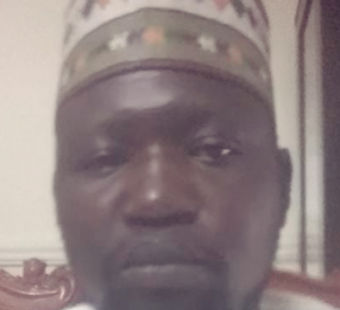
Member
MAL BASHIR MOHD KAKAMember
-
AHMAD TIJJANI IDRIS

Member
AHMAD TIJJANI IDRISMember
-
DR HABU DAHIRU

Member
DR HABU DAHIRUMember
-
Prof. Idris Mohammed
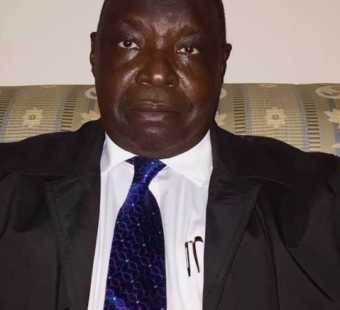
CHAIRMAN
Prof. Idris MohammedCHAIRMAN
Prof Idris Mohammed is the founder of the IMF
-
Haj. Habiba Mohammed Idris
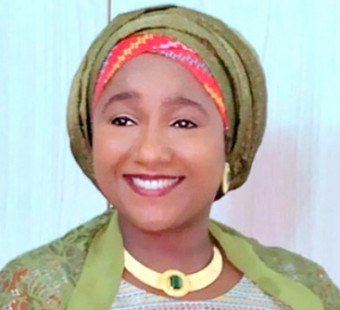
Member
Haj. Habiba Mohammed IdrisMember
-
ALHAJI YAYA HAMMARI

Member
ALHAJI YAYA HAMMARIMember
Partners
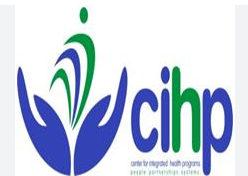
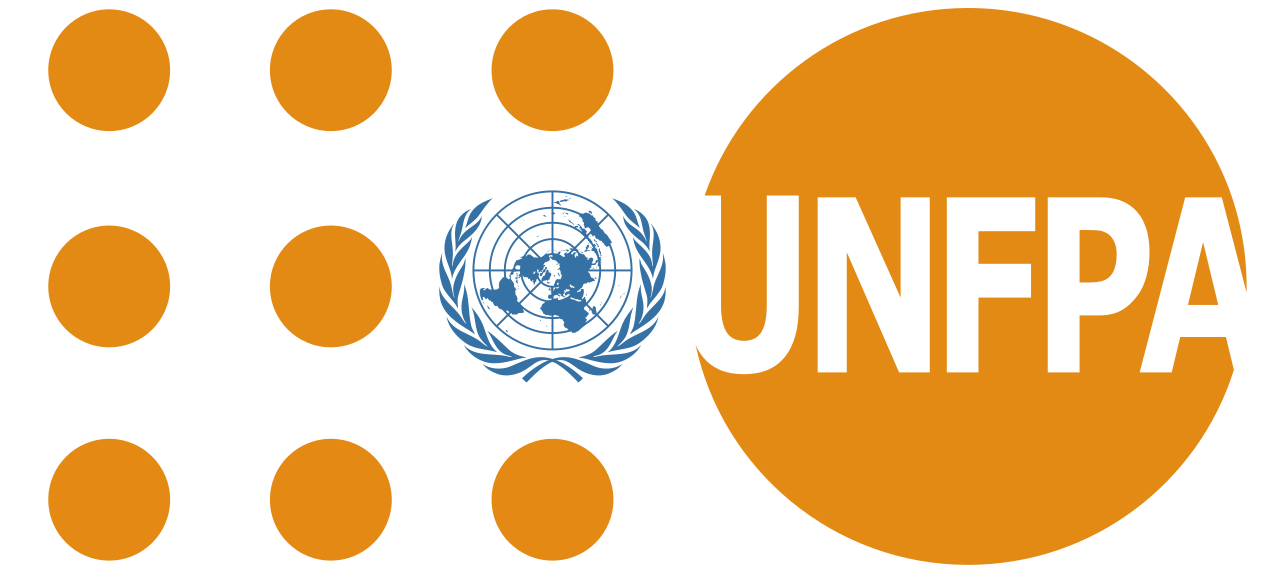
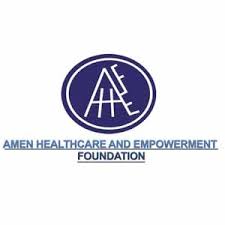
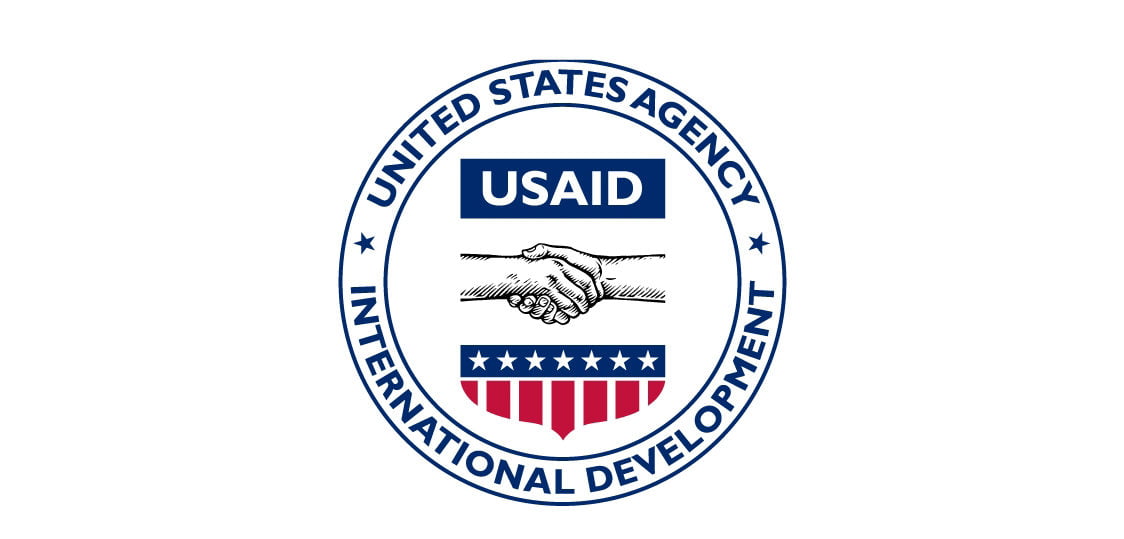

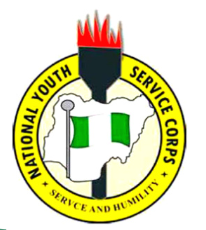
News & Events
IDRIS MOHAMMED FOUNDATION PARTICIPATION IN NATIONAL MALARIA ELIMINATION PROGRAM [NMEP] DATA COLLECTION, GOMBE STATE.
Three of Idris Mohammed foundation Corp Members Participated in the GRID3 Nigeria project. The entire scope of the works across all states in Nigeria is to collect accurate, complete, and geospatially referenced data relevant to a variety of sectors. GRID3 is working with National Malaria Elimination Program [ NMEP] and Society for Family Health Care [SFH], to collect geo-referenced data on settlements, health, infrastructure, and points of interests, with the goal of using these new data to improve the planning and implementation of malaria bednet distribution campaigns in Gombe State.
In this year first quarter exercise, Fieldworkers and supervisors were recruited to attend the training, and the training held from Monday 26th February to Wednesday 28th February. During the training, the fieldworkers [Data Collectors] were rigorously assessed to ensure high quality data collection.
The field team consisted of: The fieldwork managers, Fieldwork coordinators, Team supervisors and Fieldworkers Data Collectors. The component of the activities carried out includes the following:
DATA CAPTURING: The data capturing include: Identification and location of settlements to be captured, Advocacy to the village head, Use of ODK to capture the geo-coordinate of the settlements visited. Basically, three major data types were collected by the fieldworkers [data collectors] and they include: SETTLEMENTS: This involves capturing of settlements with no location, other settlements missing in the micro plan, newly formed settlements and settlements with location but with no name. HEALTH FACILITIES: These refers to capturing all the public facilities in each settlement, health facilities with no location, new and missing health facilities. POINTS OF INTEREST: These refers to location points such as village head or district head houses, schools, townhalls, mosques, churches, potential distribution points.
FIELDWORK MANAGEMENT: Risks and challenges were managed by the project managers and the GRID3 directors in consultation with the field team supervisors. Fieldwork management was required not only for project managers but for the team fieldworkers collecting data at various settlements. DAILY REPORTING: The fieldwork managers used daily reports submitted by supervisors electronically to track data collection completion rates as well as challenges reported. Daily submissions were extracted to monitor data entry errors and general tablet functionality errors. As would be expected, the first week required significant intervention at all field levels. Team supervisors were able to identify areas of improvement by using daily reports submitted by their teams.
FIELDWORK COMMUNICATION WhatsApp groups were created for each of the fieldwork teams, the fieldwork managers, fieldwork coordinators and team supervisors were included in each of these WhatsApp groups to conduct daily check-ins as well as allocate responsibilities to follow up on daily issues to set up communication channels to track and monitor progress.
FIELDWORK CHALLENGES: There were a number of challenges in this fieldwork assignment. Some anticipated and some unanticipated. Nevertheless, none of these challenges were insurmountable. Having good monitoring systems in place, and streamlining communications between the fieldworkers, supervisors and project management team was critical to addressing many of these challenges.
The main challenges experienced during the fieldwork included: Hard to reach settlements: Most settlements in the micro plan were hard to locate by the data collectors and this contributed to the difficulties
Nigeria is pioneering a new vaccine to fight meningitis – why these matters
BY PROFESSOR IDRIS MOHAMMED, GOMBE STATE UNIVERSITY

Published: April 25, 2024 4.43pm SAST
Nigeria recently became the first country to roll out a new vaccine (called Men5CV) recommended by the World Health Organization (WHO), which protects people against five strains of meningococcus bacteria.
The Conversation Africa asked Idris Mohammed, a professor of infectious diseases and immunology and former board chair of Nigeria’s National Programme on Immunizations, to explain the new vaccine and its likely impact.
What is meningitis?
Meningitis is the inflammation of the tissues surrounding the brain and spinal cord, usually caused by infection. It can be fatal. Meningitis can be caused by several species of bacteria, viruses, fungi and parasites. The highest global burden is seen with bacterial meningitis. Around one in six people who get this type of meningitis die. One in five have severe complications.
The main bacteria responsible for the disease are Neisseria meningitidis, Haemophilus influenzae and Streptococcus pneumoniae. The main symptoms are sudden high fever, backache, stiff neck, headaches, nausea, vomiting and intense dislike for sunlight (photophobia).Patients with a severe infection can experience confusion, delirium and loss of consciousness. Meningitis can affect people of any age.
Meningitis bacteria are transmitted from person to person through droplets of respiratory or throat secretions from carriers. Kissing, sneezing or coughing on someone, or living in close quarters with an infected person, facilitates its spread. The average incubation period is four days but can range between two and 10 days.
Epidemics of meningitis are seen across the world, particularly in sub-Saharan Africa. The so-called “African meningitis belt” consists of 26 contiguous countries from Senegal and The Gambia in the west to Ethiopia in the east. Outbreaks have also been reported in countries outside Africa like Canada, Belgium, France, Brazil and Denmark.
Why does Nigeria have a high burden of meningitis? Nigeria’s 19 northern states are within the African meningitis belt. A few southern states such as Osun, Ogun and Anambra are also affected. The major factors that determine meningitis infection include a hot and dry environment and dusty atmospheric conditions. Between 1 October 2022 and 16 April 2023, Nigeria reported 1,686 suspected cases of meningitis, including 124 deaths, for a case fatality ratio of 7%. The highest proportion of reported cases is among children aged 1 to 15 years. Factors that contribute to meningitis are all present in northern Nigeria. Low or no vaccination; presence of carriers; under-nutrition; overcrowding; scarce rainfall; low humidity; high temperatures. It’s often over 35°C, sometimes as high as 45°C.
The general population can’t afford nutritious foods that can boost the immune system. Add to these factors the level of education, poor hygienic conditions and overcrowding, and perfect conditions for an epidemic outbreak are complete. Although the burden of epidemic meningitis is highest in the north of Nigeria, there is sporadic infection countrywide.
What’s specific about the meningitis strains in Nigeria? There are five strains of meningitis in Africa: serotypes A, C, W, X and Y. Infectivity and clinical features (symptoms and signs) are the same with the strains. These features were established by serotype A, which was the first and dominant strain in the country. The severity of the infection may be higher with the new variants, such as group C meningococcal, as seen in some cases in north-western Nigeria. Serotypes W, X and Y may have similarly higher severity because the organisms are new to the country. Immunity to them is therefore not strong enough.
What makes this new 5-in-1 vaccine so special? For more than a century, epidemics of meningococcal meningitis have ravaged the African meningitis belt. Some of the earliest prevention attempts involved the use of sulphur drugs and penicillin based antibiotics. But these were not successful in preventing outbreaks. Mass use of sulphur-based drugs for prevention had to be abandoned because by the 1970s Neisseria meningitides had become resistant to these drugs.
The next obvious line was to consider vaccination with available polysaccharide vaccines. These use specific pieces of the disease-causing germ, like its protein, sugar, or the casing around it. They give a very strong immune response that targets key parts of the germ. There was only one such vaccine available at the time. This was the A+C vaccine (Institut Meriuex), which had never been used routinely or on a large scale until an epidemic in Bauchi in 1978. The vaccine terminated that epidemic within a few weeks. Since then, several researchers like John Robbins have advocated intensified mass vaccinations with the polysaccharide vaccines. But the WHO was reluctant, with fairly good reason
Polysaccharide vaccines are poorly immunogenic, meaning not able to elicit protective immunity to the disease – particularly in young children, because they do not have immune memory. So the vaccines are not cost-effective or sufficiently protective.
The 1996 outbreak in northern Nigeria affecting over 120,000 people and causing 12,000 deaths – and described by the WHO as the largest in recorded history – changed the narrative. A joint WHO/PATH “Meningitis Vaccine Project” facilitated by the Bill and Melinda Gates Foundation produced the highly effective conjugate meningitis A vaccine (known as MenAfriVac). Over 260 million people in the African meningitis belt were vaccinated with it. This led to the virtual elimination of meningococcal A serotype.
But serotypes C, W, X and Y then emerged. Hence the critical importance of the 5-in-1 (also known as MenFive, or Men5CV). Proper and sustained vaccination with the 5-in-1 vaccine should put paid to epidemics of meningococcal meningitis in Africa.
What impact will the new vaccine have on meningitis control in Nigeria?
By containing the five most important serotypes causing meningitis in Nigeria, this vaccine is bound to have a far reaching positive impact on control of the disease. Among all the 26 African countries within the African meningitis belt, Nigeria is by far the most populous. Thus an epidemic of the disease affects many people.
Before the year 2000 hardly a case of serotype C, W, X, or Y had been reported in Nigeria. The success of group A conjugate MenAfriVac introduced in 2010 in Burkina Faso has changed the pattern and periodicity of epidemic meningitis, and the real challenge and menace of replacement serotypes underscores the critical importance of the 5-in-1 conjugate meningitis vaccine. Its impact will be huge.
IDRIS MOHAMMED FOUNDATION (IMF) CORP MEMBERS ORIENTATION
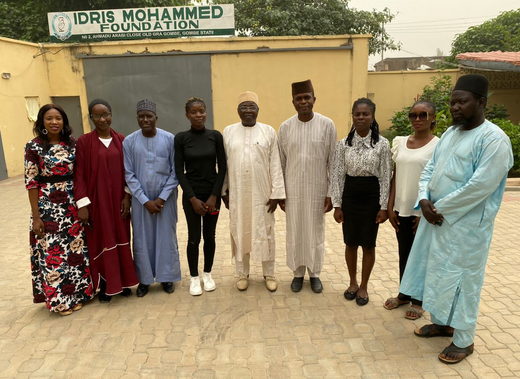
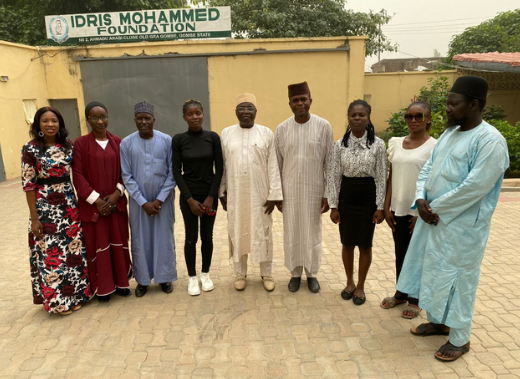
Idris Mohammed Foundation welcomes four (4) corps members posted to the foundation for the Compulsory one-year national service. The event which took place in the foundation conference hall began at exactly 11: am with an Opening prayer and self-introduction from all participants.
The Chairman of Idris Mohammed Foundation, Prof. Idris Mohammed gave the opening remark stating how the vision of the foundation was conceived to focus on improving the health of the vulnerable individuals in hard-to-reach and under-served communities.
In a presentation by the Chairman on the importance/ ANC and Nutrition, he said the importance of immunization cannot be over-emphasized and that’s why the state PHCDA was established to implement and oversee immunization in the state and down to the LGAs.
In his contribution, the Executive Secretary SPHCDA Dr. Shuai’bu commended Idris Mohammed Foundation For their unwavering Support and partnership with the agency. He admonished the Corps members to serve the foundation wholeheartedly as their primary place of assignment.
The technical Team Lead of the Foundation in person Dr. Habu Dahiru made a presentation on what the organization is all about.
The Organizational code of conduct was presented to the Corps members by the Secretary.
IDRIS MOHAMMED FOUNDATION PARTICIPATED IN THE 2ND AND 3RD ROUND OF POLIO OUTBREAK RESPONSE IN GOMBE STATE
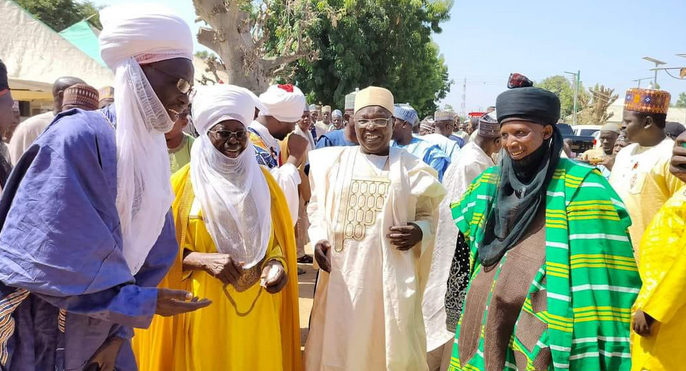
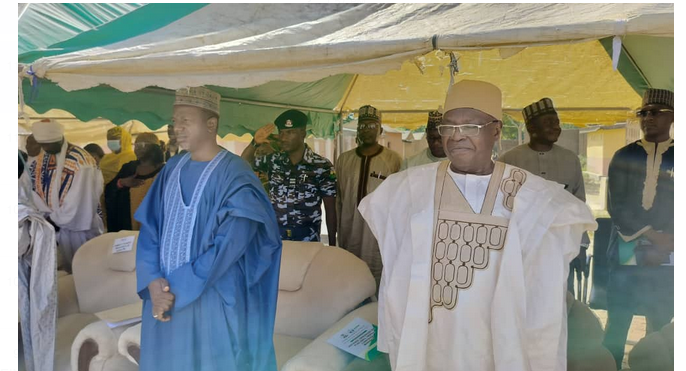
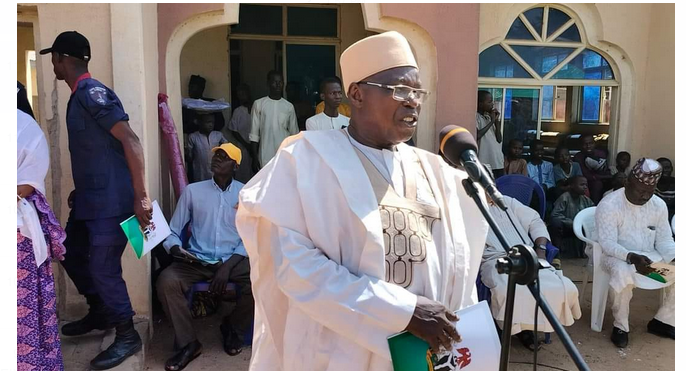
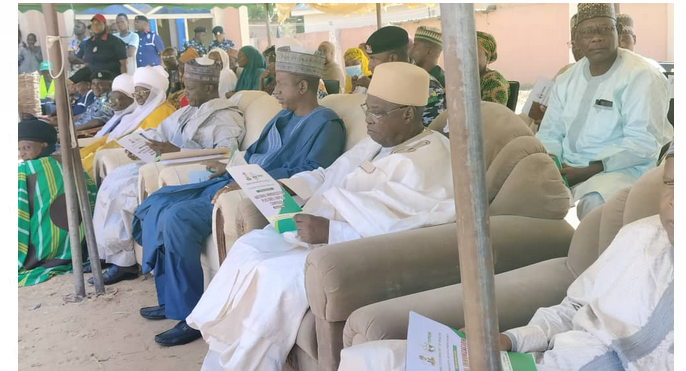
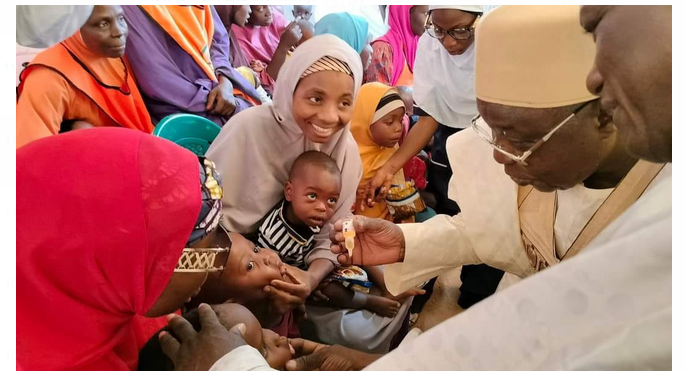
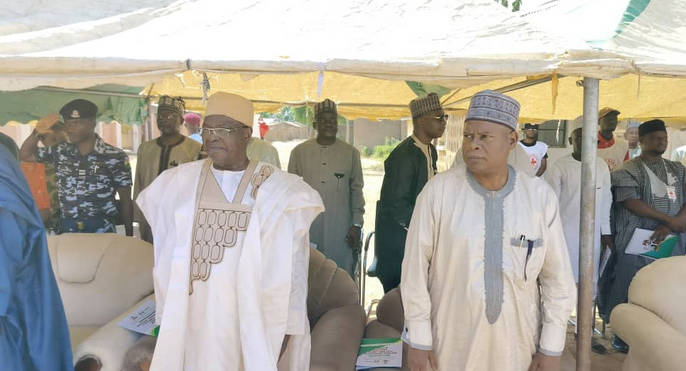
Gombe State Ministry of Health (SMoH) and the State Primary Health Care Development Agency (GSPHCDA) flag off the National Immunization Plus Days NIPDs (November round) Fri. 10/11/2023 in Malam Sidi Kwami LGA of Gombe State
The SPHCDA is proud to announce the commencement of the November NIPDs round across the 11 Local Government Areas in the State. This event marks a significant step towards ensuring the health and well-being of community members, particularly children.
The NIPDs campaign, which is a collaborative effort between Gombe State Govt and the National Primary Health Care Development Agency (NPHCDA), aims to provide life-saving vaccines to children and protect them against any vaccine-preventable diseases.
This initiative is in line with the government’s commitment to achieving Universal Health Coverage and reducing child mortality rates. During this campaign, children under the age of five will receive vaccinations against diseases such as polio, measles, and other preventable illnesses. Health workers and volunteers will be going door-to-door to ensure that every eligible child across all the 11 LGAs is reached and immunized.
Delivering his opening remarks, the E.S of the SPHCDA Dr. Abdulrahman Shuai’bu encouraged all parents and caregivers to bring their children for immunization during the campaign.
The E.S emphasized that the vaccines are free, safe, and effective and also stated that the campaign will last for four days from (11th – 14 Nov. 2023).
Dr. Shuai’bu commended His Excellency, the Governor of Gombe State, Muhammadu Inuwa Yahaya for making health care his priority.
The Honourable Commissioner for Health, Dr. Habu Dahiru in his remarks, reiterate Govt’s commitment. He further commended health care workers for their hard work, particularly, he applauded the Idris Mohd Foundation and other partners. The Hon. Commissioner assured them of continuous support of the NIPDs campaign.
Also, speaking on behalf of partners, the founder Idris Mohd Foundation, Professor Emeritus, Idris Mohammed, applauded the State Government for creating an enabling environment for partners, he encouraged parents to avail their children of the NIPD campaign to prevent the resurgence of Polio in communities.
Also present at the flag off were the Chairman Kwami LGA, Hon. Ibrahim Buba, Mai Kaltungo, HRH Engr. Sale Mohammad Umar, District heads, security agencies amongst others.
IDRIS MOHAMMED FOUNDATION PAID COURTESY VISIT TO NYSC GOMBE STATE.
The Chairman Idris Mohammed Foundation Proff. Idris Mohammed and top management team of the foundation have visited the Gombe State NYSC coordinator in person of Mr Dawut Jidda at the NYSC orientation camp Amada .
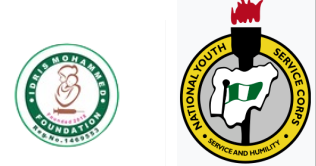
The purpose of the visit was to avail the director of the objectives and functions of the foundation which includes among others, to support Government in the fight against drug abuse among adolescence and vulnerable groups, HIV/AIDS, Nutrition, reduction in maternal and infant mortality through Ante Natal Care (ANC) and Immunization. The organization also supports IDP Camps and natural disaster victims etc.
The chairman solicited for the NYSC to deploy Corps members to the Foundation to help it achieve its objectives. He also informed the coordinator that IMF would be glad to partner with the NYSC in any way possible to support the NYSC and the community.
In his response, the NYSC coordinator appreciated the IMF for identifying with the NYSC scheme and promised to collaborate with the IMF in achieving the stipulated objectives.
IDRIS MOHAMMED FOUNDATION ATTENDS THE GOMBE STATE PARTNERS COORDINATORS MEETING.
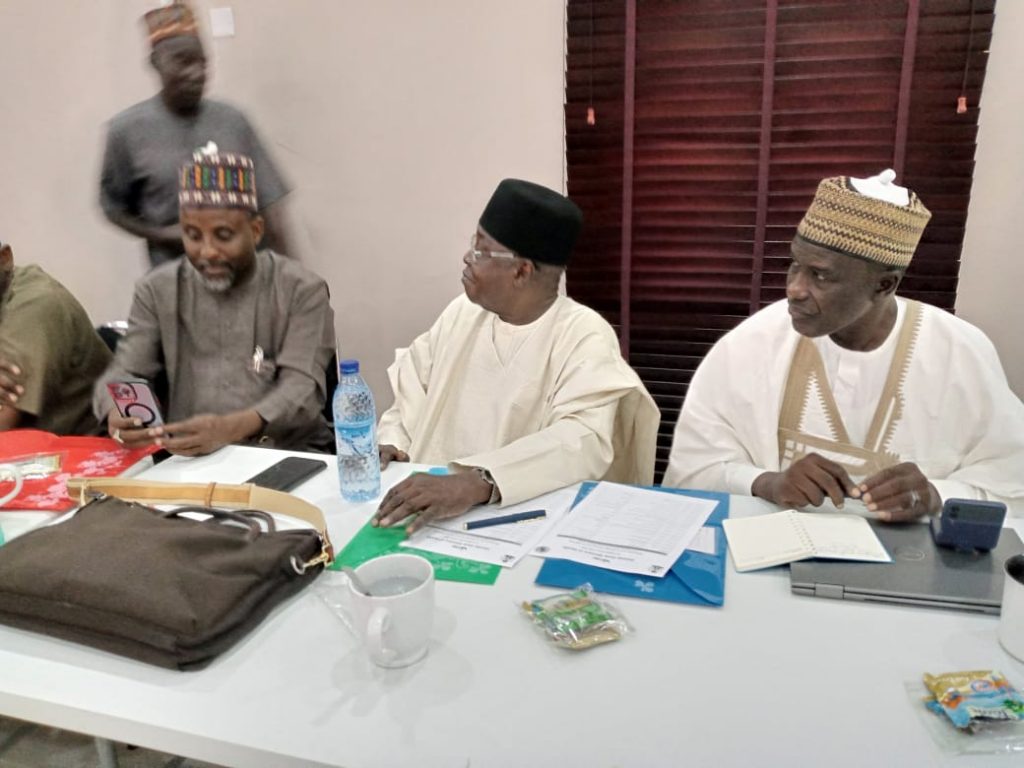
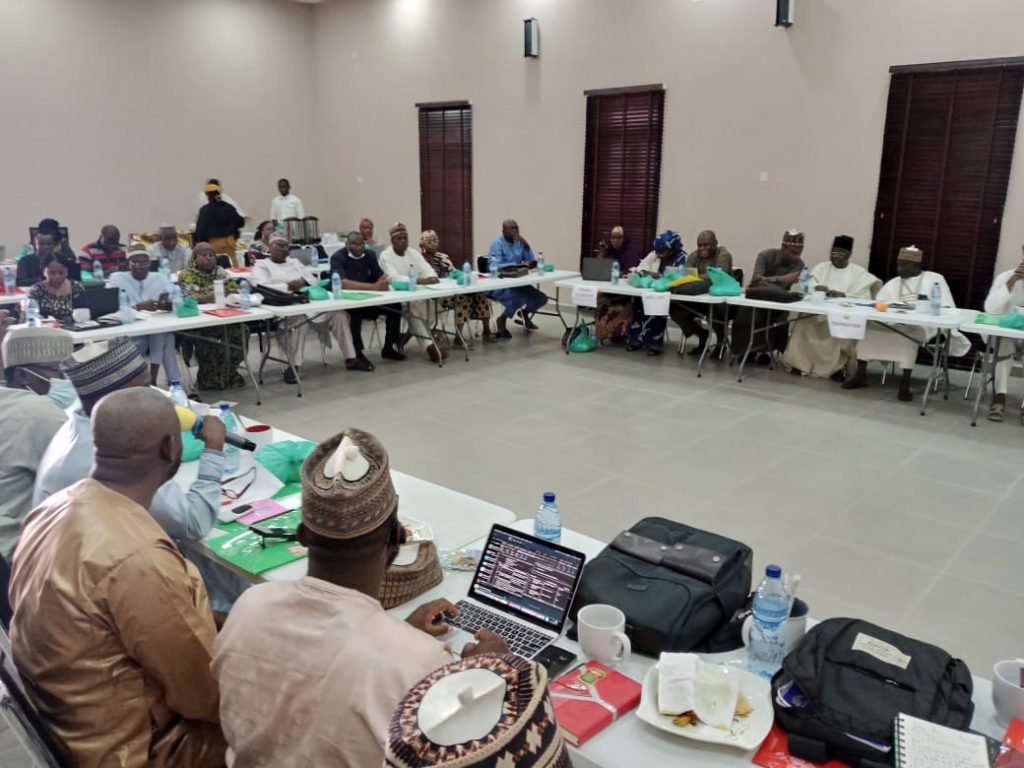
The Gombe state Partners Coordinators meeting took place at Evolution Hotel on 11/08/23 at the instance of the State Ministry of health. All Partners working in Gombe State were invited to review state program to provide recommendations to improve performance, coordination and cooperation.
Idris Mohammed Foundation was represented at the meeting by the Chairman IMF and the Team Lead in person of Dr. Habu Dahiru. In attendance were CHIP, State2State (USAID), UNFPA, SHIGARI Foundation, WHO, UNICEF, and MARESTOP.
The meeting discussed the need to constantly update the state on programs executed by partners, their work plan, progress made, challenges and the way forward focusing mainly on the following objectives:
- Strengthen the donor coordination by identifying gap for donor intervention in the state.
- To link donors intervention with current state of health indicators and performance in the state.
- To chart a way forward on improvement plans and strategies in ensuring better performance of the health sector.
It emphasized on regular submission of data to the state and sharing of regular feedbacks on state working committees.
Partners were also reminded that the entry point into the state is through the State Ministry of health and State Partners Coordination unit of Budget and planning
Partners were also encouraged to share the LGA they operate and the types of services rendered to avoid duplication and conflict of interest.
During the meeting, participants were given to make presentation on their organization highlighting their objectives, activities conducted/achievement, challenges and recommendations.
In conclusion, it was recommended that the partners coordination meeting be held bi- annually.
Click on the button below to donate
DonateContact Us
Your visitors can easily reach you through this contact section.
Leave a message
Contact Info
We'd love to hear from you.
No. 2A Ahmadu Arabi Close, GRA Gombe, Gombe State
- +2348061515369 ,2348038435806
- info@idrismohammedfoundation.org
